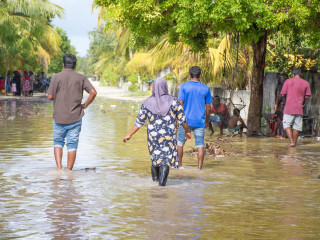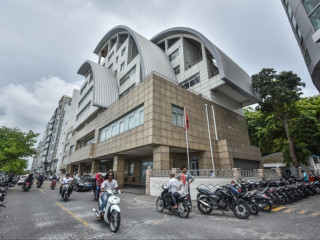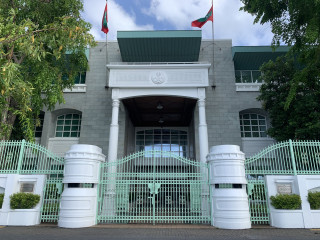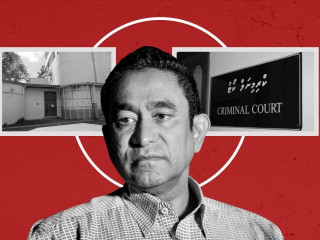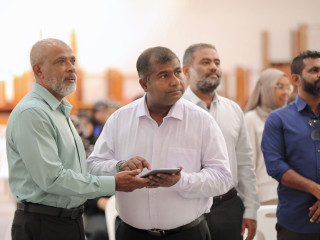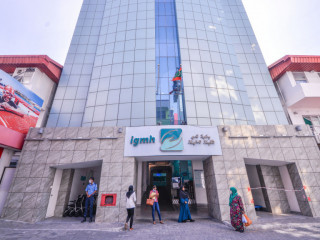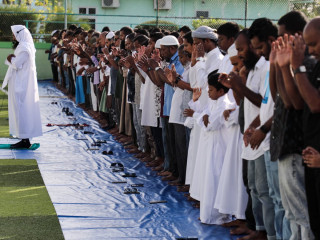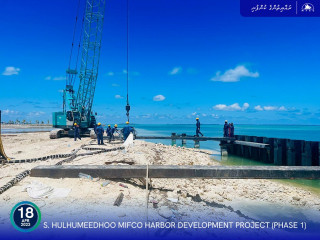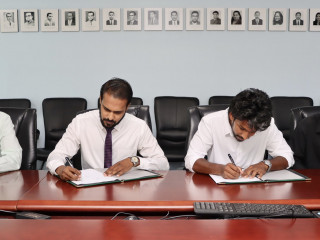The Maldives continues to tighten its grip on the media and freedom of speech by using the broadcasting regulator to silence and intimidate journalists.
In 2017, Maldives went down five rankings in the World Press Freedom Index compiled by Reporters Without Borders. The annual index, which analyses the freedom of information across 180 countries in the world, ranked Maldives at 117. Maldives’ rank in the World Press Freedom Index has been on the decline since 2011, when it ranked its highest at 73.
And now to even further restrict press freedom, the government has proposed to create a new media regulatory body, Maldives Media Commission, after dissolving Maldives Media Council (MMC) and Maldives Broadcasting Commission (MBC).
According to the bill, a new seven-member commission will replace MBC and MMC. These members are to be appointed President Abdulla Yameen, subject to parliamentary approval. He also has the authority to appoint the president and vice of the commission.
Once the bill becomes law, MBC and MMC will be dissolved and its senior management will oversee the work of the Maldives Media Commission during a 45-day interim period.
Members of the current broadcasting regulator is appointed the same way; however, the Maldives Media Council is a 15-member body of elected representatives from the public and media community.
The Council serves as a self-regulatory body for print and online media outlets. Hence these outlets have had more freedom than broadcasters, due to the Anti-Defamation and Freedom of Expression Act.
The law curtailing press freedom was passed in August 2016, with President Abdulla Yameen ignoring the appeals by journalists, human rights groups and international community, to amend the law.
The British High Commission called it ‘a setback’ for freedom of expression in Maldives, while the European Union and United Kingdom voiced their concern over it being ‘a direct threat to media, opposition and civil society groups’.
The law gives the Maldives Broadcasting Commission the authority to take action against broadcasters while the Maldives Media Council is vested with the authority to take action against print and online media.
While the Broadcasting Commission used the law to penalize broadcasters, the Media Council is yet to take any action under the defamation act. Hence, the government has proposed a bill to dissolve them both, and form Commission, with members appointed by the President.
The Media Commission’s responsibilities include investigating complaints and ensuring that media outlets adhere to the law, and will have the powers to summon witnesses and demand any information for its investigations.
Journalists have expressed concern over the bill, saying that its sole purpose is to eliminate the media council, whose members are appointed from the public and media community, in order to target news websites.


